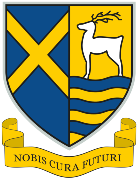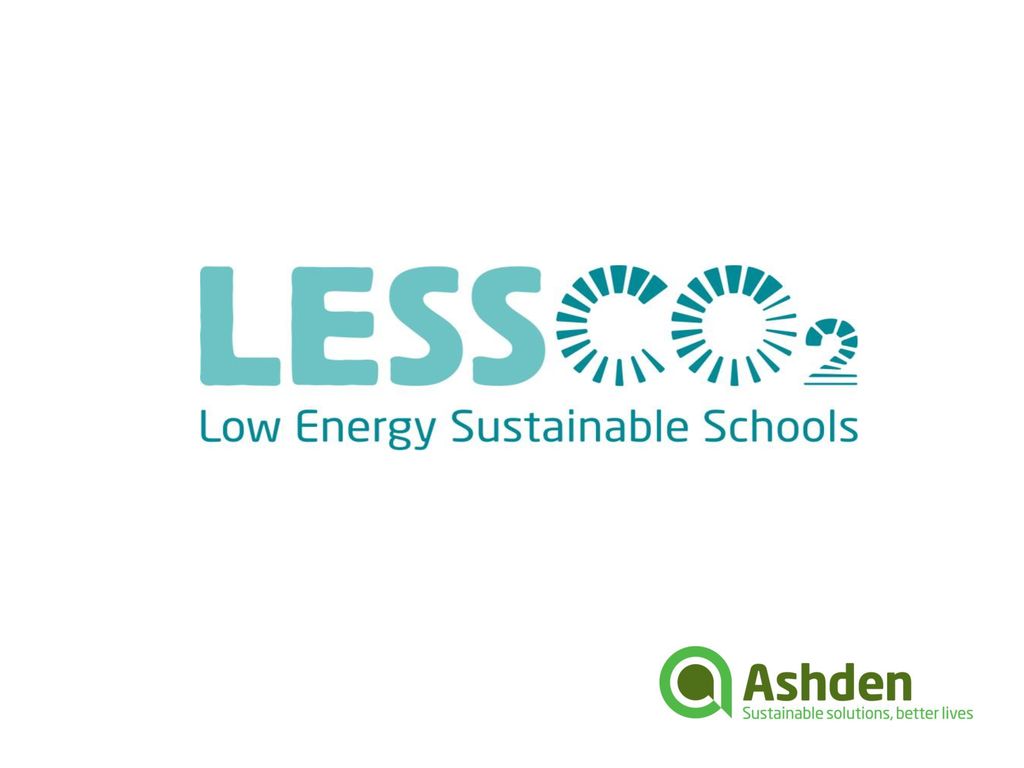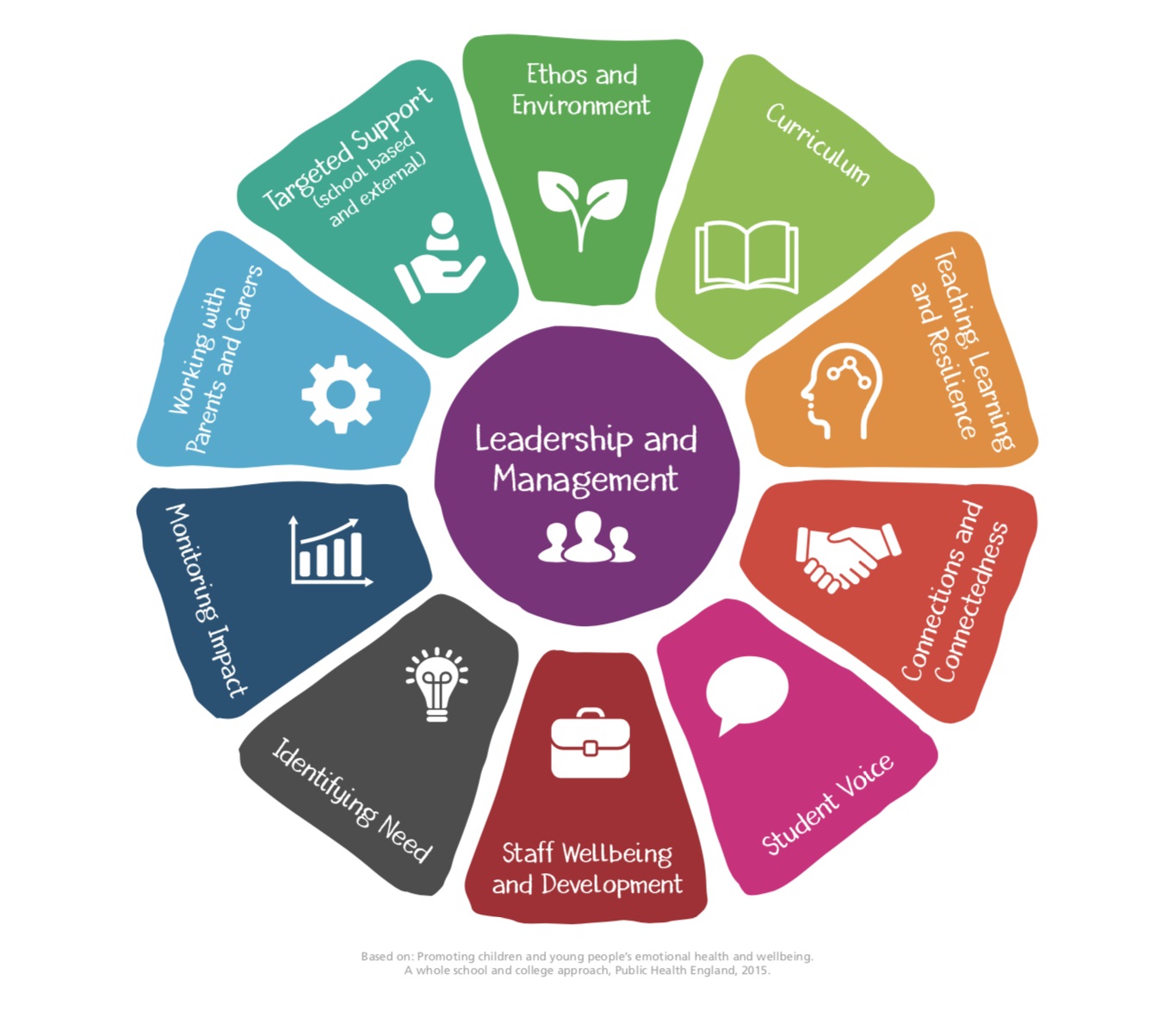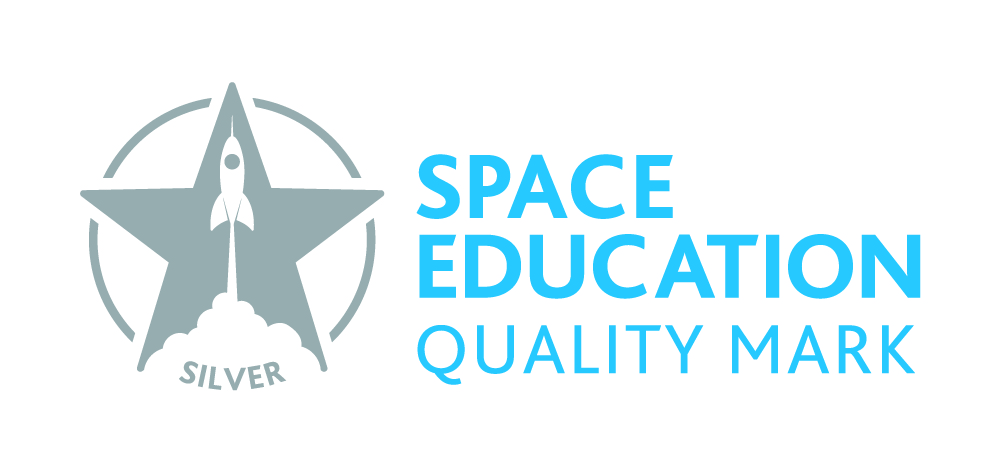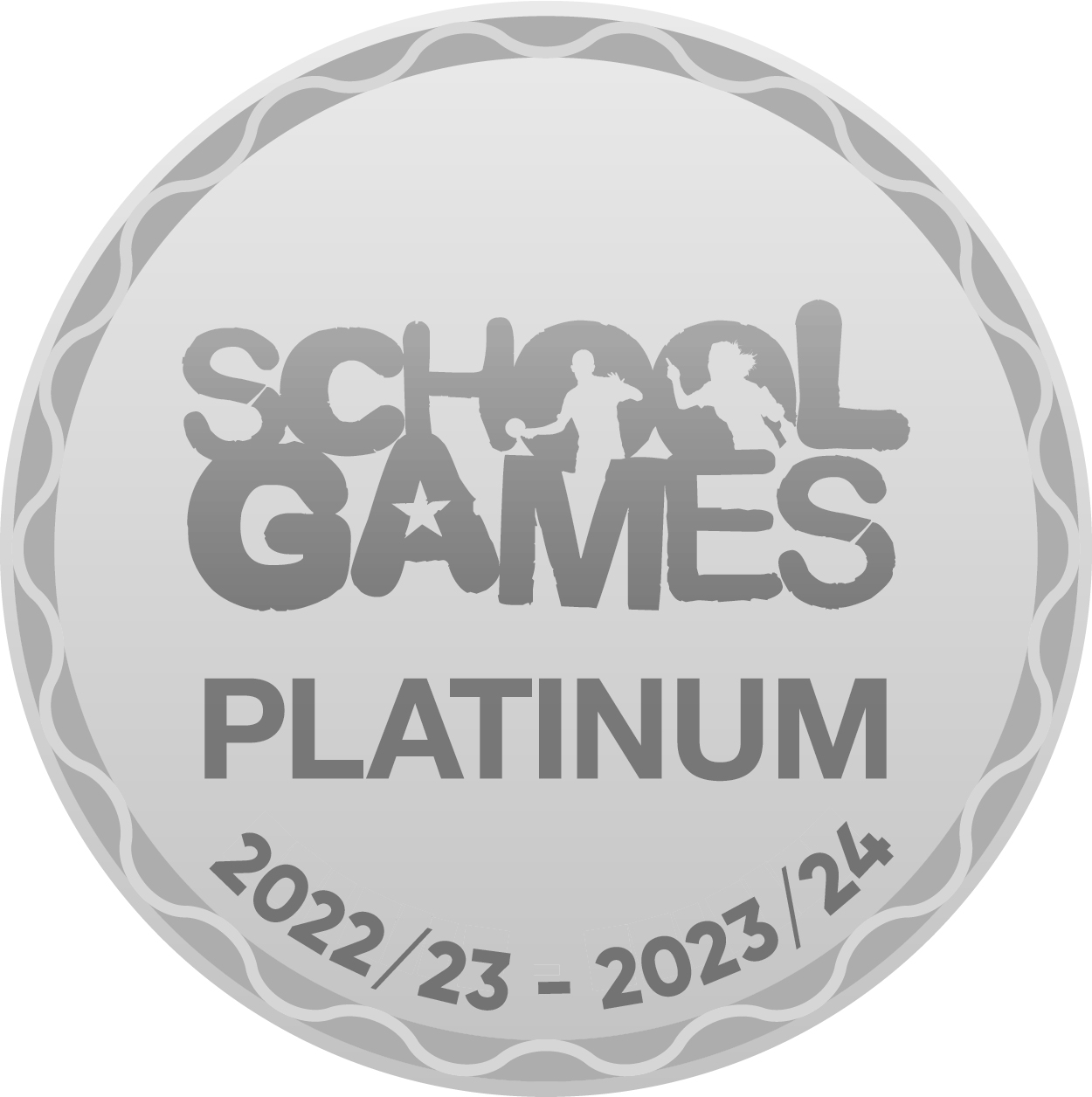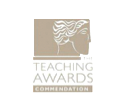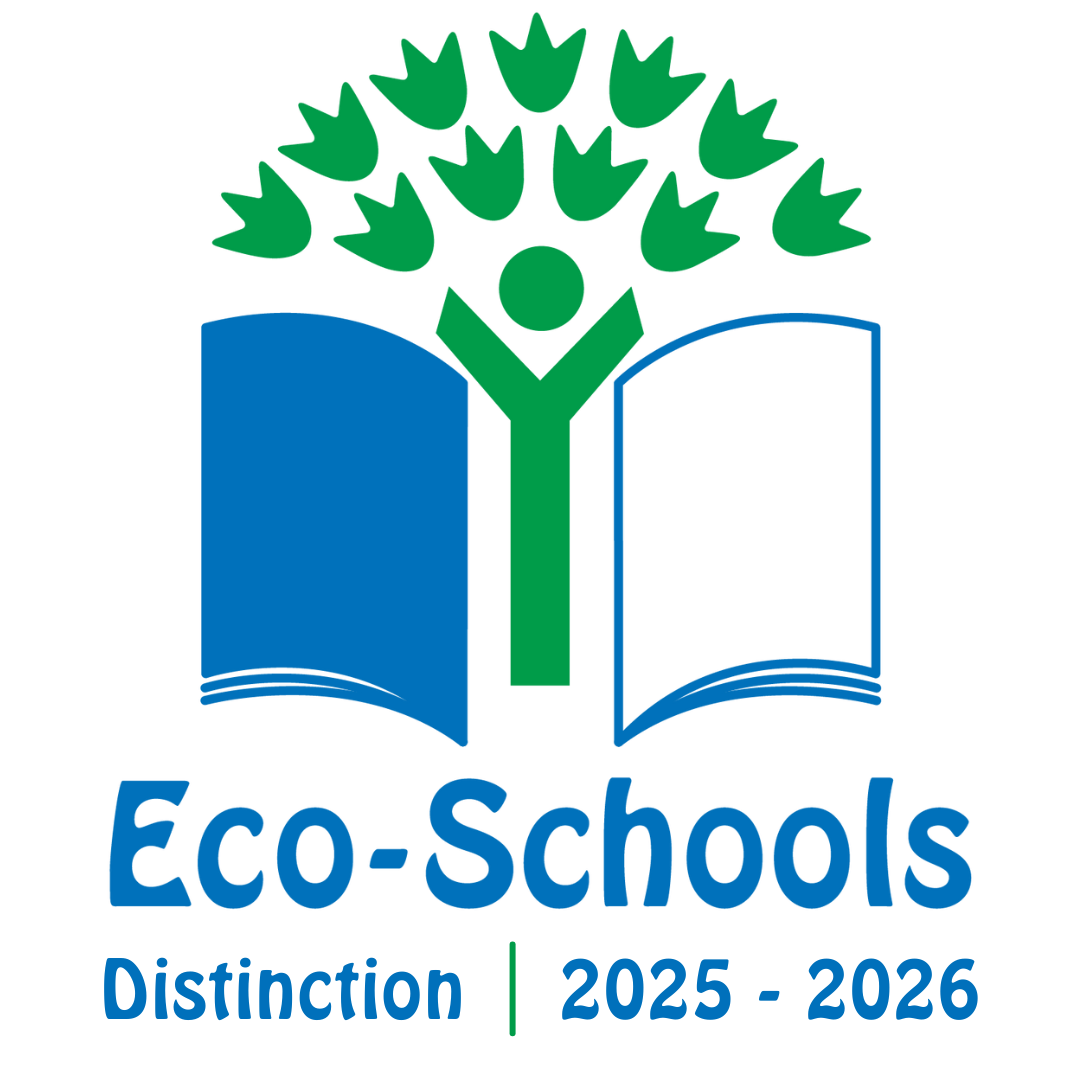Sciences
Science
Curriculum Overview and Intent
The Science curriculum is designed to equip students with the understanding necessary to explain the world around them. Each year, our schemes of learning are designed to build upon previous knowledge and lay the foundations for the year ahead. We aim to provide a curriculum that allows all students to develop a fundamental understanding of the universe and how it works, but also to foster the same enthusiasm and love of learning that drives the wider scientific community.
The Department
Curriculum Leader: Miss A Fotheringham Assistant Curriculum Leader & Curriculum Leader for Chemistry: Mr D Bowyer
Head of Biology: Dr Hamilton
Head of Physics: Mr Y Zarrouq
STEAM in Science
The Science department offers a wide variety of STEAM activities. This provides students who are passionate about science or considering a career in a STEAM based environment with invaluable enrichment opportunities. All year groups have activities designed to instil a love of science and see the wider applications of the subject during British Science Week, which runs each year in March.
In addition to this, Year 7 students are invited to a Science club run by staff in the Autumn and Spring terms. Students are invited to attend and experience a number of practical activities that are linked to everyday applications of science. Year 7 and 8 students also take part in a science fair in the spring term in which they are asked to research and present an aspect of science related to the British Science Week activities. The Year 8 cohort take part in the science department’s curriculum enrichment day in which they learn about using scientific principles to escape a Desert Island and build a motorised vehicle. Year 7 students attend a trip to Whipsnade Zoo and this is linked to the science curriculum and teaches them about conservation and how animals and plants adapt to their habitats.
In Year 10, students take part in the Live Operating Theatre, performing a series of dissections on animal organs, learning more about anatomy first hand and applying this to the GCSE curriculum. At Key Stage 5 all science subjects offer students Olympiads to stretch and challenge them.
All year groups have a calendar of optional enrichment activities designed to broaden their perspective of Science and see its applications in society, careers and the environment.
Key Stage 3
What will be studied?
Students are taught topics in Biology, Chemistry and Physics in rotation, three times per week. They are encouraged to think scientifically, and a great emphasis is placed on Working Scientifically skills. This includes the ability to draw conclusions from data and evaluate theories. Students are also given an opportunity to ask questions and answer these about everyday phenomena that they observe. Students will cover 20 bespoke topics across KS3 to provide them with the knowledge and skills required in KS4, and an appreciation of how Science is applied to the wider world.
What support is needed?
Your child should have access to our online textbook and this can be accessed online at www.Kerboodle.com. It would be advisable to encourage her to use this resource when she is doing home learning in Science. Other resources are available on the Science Hub courses that your child can access by logging into the Google Classroom. All students are encouraged to talk to their teacher if specific support is needed.
How will they be assessed?
- Tests at the end of each topics
- Half-termly assessed piece of work with opportunity for feedback and response
- An end of year examination
GCSE
Exam Board: AQA
Specification Number: Combined Science: Trilogy (8464), Biology (8461), Chemistry (8462), Physics (8463)
What will be studied?
All students will study Science at GCSE either studying Combined Science or Separate Biology,
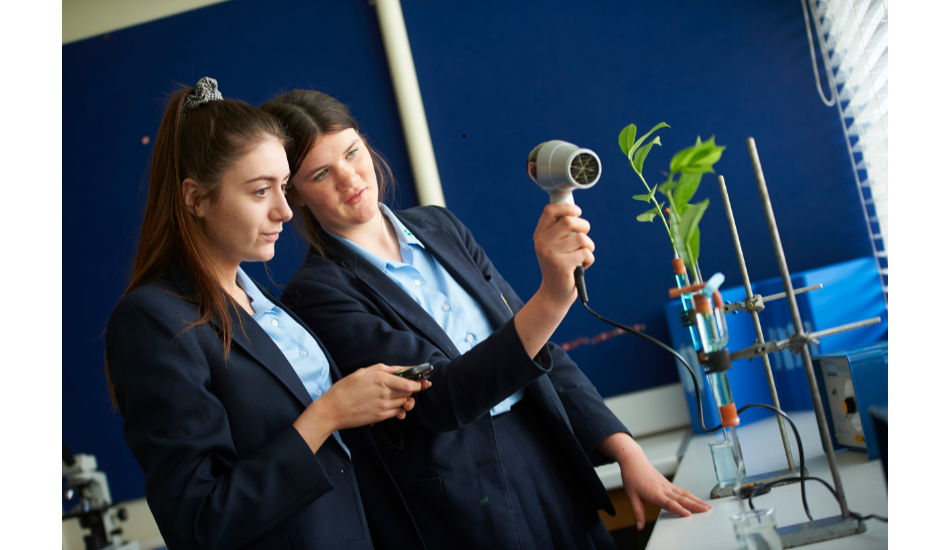 Chemistry & Physics. We follow the AQA specifications as detailed above.
Chemistry & Physics. We follow the AQA specifications as detailed above.
The Science course aims to develop knowledge and understanding of Science and how this is related to the everyday phenomena that students have experienced. Students learn to explain these and the observations made during experimental work. A great deal of emphasis is based on thinking and working scientifically and the skills required to do so are developed through opportunities to complete Required Practical activities. Students learn to plan investigative approaches, collect data and analyse this in order to give conclusions. By the end of the course students will also be able to apply scientific knowledge to familiar and unfamiliar situations and interpret and communicate scientific information accurately.
Learning methods and assessment:
Students are encouraged to think scientifically and ask questions about their everyday life experiences. They are encouraged to draw conclusions from data and evaluate theories and hypotheses, as well as apply knowledge and understanding to new and unfamiliar situations. A great emphasis has been placed on mathematical skills required in Science and students are taught to apply what they learn in Maths to scientific problems.
Combined Science is a mixture of all three disciplines that earns students two GCSEs. These are graded 9-1 under the new standards. As a truly combined course, the two grades achieved will be within one grade of each other (e.g. 9-9, 9-8, 8-8, 8-7 etc). The programme of study covers a wide range of topics, with students taking 5 hours of lessons per week, and is examined linearly with 6 exams that are 1h15min long, two in each of Biology, Chemistry and Physics. All papers are equally weighted (16.7% of the grade). All of these will take place at the end of Year 11. Along with these exams, students are required to complete several practicals where they will learn all the necessary skills to become outstanding scientists. These will be undertaken in normal lesson time and assessed internally.
The separate Sciences are aimed to stretch students and make them exceptional scientists. Students will earn 3 GCSEs graded 9-1 under the new standards. These are examined and awarded separately. The program of study covers a wide range of topics, some of which are specific to the separate sciences and not covered in the combined science course. Students will have 5 hours of lessons per week and are examined linearly with a total of 6 exams, two per science, each 1h45min long. Along with these exams, students are required to complete several practicals where they will learn all the necessary skills to become outstanding scientists. These will be undertaken in normal lesson time and assessed internally.
Good literacy and numeracy is very important and exam papers will assess both – approximately 30% of questions in Physics will involve the use of mathematical skills; 20% in Chemistry and 10% in Biology.
Each subject has several required practical activities. These are compulsory and questions related to practical skills make up 15% of questions in the examinations.
To ensure good tracking of pupil progress, students are set tests regularly in class. These made up of past exam questions and outcomes are used to report progress to parents. In Year 10 they take mock examinations in the Spring term as well as the end of year assessments in June.
Year 11 students take mock examinations in November and April. The outcomes are used to estimate grades that are reported to parents.
References:
AQA Biology, 3rd Edition: Laurie Ryan, Oxford University Press
AQA Chemistry, 3rd Edition: Laurie Ryan, Oxford University Press
AQA Physics, 3rd Edition: Laurie Ryan, Oxford University Press
What websites are recommended?
www.bbc.co.uk/education/subjects/zrkw2hv
What equipment is needed?
A calculator, ruler, pen and pencil are essential at all times
Biology
Curriculum Overview and Intent
The Science curriculum is designed to equip students with the understanding necessary to explain the world around them. Each year, our schemes of learning are designed to build upon previous knowledge and lay the foundations for the year ahead. We aim to provide a curriculum that allows all students to develop a fundamental understanding of the universe and how it works, but also to foster the same enthusiasm and love of learning that drives the wider scientific community.
The Department
Curriculum Leader: Dr M Hamilton
Exam Board: OCR
Specification Number: A Level H420
Course Content:
Biology has 6 modules. Modules 1 – 6 and the practical endorsement constitute the full A Level.:
Module 1 – Development of practical skills.
Module 2 – Foundations in Biology.
Module 3 – Exchange and transport.
Module 4 – Biodiversity, evolution and disease.
Module 5 – Communications, homeostasis and energy.
Module 6 – Genetics, evolution and ecosystems.
Practical Endorsement:
A greater emphasis has been placed on practical skills and in particular competency in carrying out scientific experiments. The Biology department is required to ensure that these skills are developed and Edexcel have provided core practical activities that students carry out. The techniques included in these are included in exam questions in all examinations that students take at the end of Year 13. In addition to a grade, students are also awarded a Practical Endorsement. This is either a Pass or Fail and indicates how competently students can carry out experimental work.
Assessment:
Formal theory lessons and student-centred activities are used to explore biological topics. Students are required to carry out review and planning tasks between lessons. This involves reading, note-making, researching of topics or answering examination questions. Practical lessons and student presentations develop skills and enhance the learning of syllabus content.
Internal Assessment: Students take regular end of topic tests to assess their knowledge and progress, and to develop exam technique.
Three examinations are taken at the end of Year 13 that cover a combination of topics, practical knowledge and mathematical skills:
- Paper 1: Biological Processes – 2h15, 100 marks
- Paper 2: Biological Diversity – 2h15, 100 marks
- Paper 3: Unified Biology – 1h30, 70 marks
- Practical Endorsement to report student’s competency in carrying out experimental work.
Why Biology at St Albans Girls’ School?:
Students are taught by a team of highly skilled specialist teachers who have vast experience of teaching Biology A level. The department is well resourced and we regularly carry out a range of exciting practical activities. We also offer a range of super-curricular activities including visits to University Biology Departments, The Body Worlds Exhibition in London and students can take part in Journal Club. We are an extremely supportive department, with weekly support and catch up sessions offered to all students.
Expectations of students:
Students must be prepared to work independently and meet deadlines. They must remain focused in lessons and be well organised. Students need to develop the skills of reading for understanding and writing with precision. Students do not have to study A level Chemistry to do well in A level Biology as appropriate Chemistry concepts are taught within the course.
What equipment is needed?
A scientific calculator, ruler, pen and pencil are essential at all times.
Career Paths:
A level Biology is required, or is desirable, for HE courses in many different disciplines. These include: agricultural science, anthropology, biochemistry, biophysics, dentistry, food science, forensic science, genetics, horticulture, medical physics, medicine, midwifery, nature conservation, nursing, ophthalmology, osteopathy, pharmacy, physiotherapy, radiography, speech therapy and veterinary science.
Students wishing to study biology beyond A level, may require an A level in Chemistry or Physics/Mathematics. For some courses this is advisable, for others it is essential.
Chemistry
Curriculum Overview and Intent
The Science curriculum is designed to equip students with the understanding necessary to explain the world around them. Each year, our schemes of learning are designed to build upon previous knowledge and lay the foundations for the year ahead. We aim to provide a curriculum that allows all students to develop a fundamental understanding of the universe and how it works, but also to foster the same enthusiasm and love of learning that drives the wider scientific community.
The Department
Curriculum Leader: Mr D Bowyer
A Level
Curriculum Leader: Mr D Bowyer
Exam Board: Edexcel
Specification Number: A level – 9CH0
Course Content:
The Edexcel A level Chemistry course is a linear qualification and all examinations are taken at the end of Year 13. The program of study has been planned to follow a ‘spiral curriculum’ and topics taught in Year 12 are revisited in greater depth and breadth in Year 13. Students will largely be taught by two teachers, splitting the course into the fields of inorganic and organic chemistry. The course also contains a module of independent study work to help develop those skills. Subject content covered in each year is summarised below:
a linear qualification and all examinations are taken at the end of Year 13. The program of study has been planned to follow a ‘spiral curriculum’ and topics taught in Year 12 are revisited in greater depth and breadth in Year 13. Students will largely be taught by two teachers, splitting the course into the fields of inorganic and organic chemistry. The course also contains a module of independent study work to help develop those skills. Subject content covered in each year is summarised below:
Year 12
Atomic Structure, Structure and Bonding, Redox Reactions, Inorganic Chemistry, Quantitative Chemistry & Calculations, Organic Chemistry: Alkanes, Alkenes, Alcohols and Halogenoalkanes, Modern Analytical Techniques, Energetics, Kinetics, Equilibria
Year 13
Equilibria, Acid Base Equilibria, Energetics, Redox Reactions, Transition Metal Chemistry, Kinetics, Further Organic Chemistry: Chirality, Carbonyls and Carboxylic Acids, Organic Synthesis: Arenes, Amines and Synthetic Routes, Modern Analytical Techniques.
Practical Endorsement
A greater emphasis has been placed on practical skills and in particular competency in carrying out scientific experiments. The Chemistry department is required to ensure that these skills are developed and Edexcel have provided 16 core practical activities that students carry out. The techniques included in these form part of the examinations that students take at the end of Year 13. In addition to a grade, students are also awarded a Practical Endorsement. This is either a Pass or Fail and indicates how competently students can carry out experimental work.
Assessment:
- 3 examinations at the end of Year 13 that cover a combination of topics, practical knowledge and mathematical skills:
- Paper 1: Inorganic and Physical Chemistry – 105 mins, 90 marks
- Paper 2: Organic and Physical Chemistry – 105 mins, 90 marks
- Paper 3: General and Practical Principles in Chemistry – 150 mins, 120 marks
- Practical Endorsement to report student’s competency in carrying out experimental work
- Regular tests to track student progress
Why Chemistry at St Albans Girls’ School?:
Students are taught by a team of highly skilled specialist teachers who have vast experience of teaching Chemistry to A level. The department is well resourced and practical activities are at the heart of the
A level Chemistry curriculum. We strongly believe that developing these skills is a key component to motivating and enhancing student's knowledge in Chemistry. The department offers an excellent enrichment programme, regularly participating in such competitions as the National Schools Analyst Competition and the UK Chemistry Olympiad as well as opportunities to support students of the lower school in science. These experiences all provide students with hands-on experience of real life Chemistry and have proven to be very rewarding.
Expectations of Students:
Students are expected to read around the subject, supporting the skills and knowledge being delivered in lessons. Questions are set regularly for preparation, and practical reports must be kept up to date and submitted for marking. Students are expected to ask for help from teachers when required and a drop-in study support session is available to students as well as targeted support for exam skills. There is significant support material available for students and these are posted to or referenced on Google Classroom for students. This is a very interesting, but also demanding course.
What websites are recommended?
What equipment is needed?
A scientific calculator, ruler, pen and pencil are essential at all times.
Career Paths:
Chemistry is likely to be required in the following career areas; biochemistry, pharmacy, medicine, veterinary science, chemical engineering, material science, environmental studies, pharmacology, cybernetics, archaeological conservation, dentistry, psychology, petrochemicals and many others. ‘A’ level Chemistry can provide entry to many occupations, from research science and medicine, to ecological conservation, archaeology and of course teaching.
Physics
Curriculum Overview and Intent
The Science curriculum is designed to equip students with the understanding necessary to explain the world around them. Each year, our schemes of learning are designed to build upon previous knowledge and lay the foundations for the year ahead. We aim to provide a curriculum that allows all students to develop a fundamental understanding of the universe and how it works, but also to foster the same enthusiasm and love of learning that drives the wider scientific community.
The Department
Head of Physics: Mr Y Zarrouq
A Level
Head of Physics: Mr Y Zarrouq
Exam Board: AQA
Specification Number: 7408
Course content:
Year 12
Module 1: Measurements and their errors
Module 2: Particles and radiation
Module 3: Waves
Module 4: Mechanics and materials
Module 5: Electricity
Year 13
Module 6: Further mechanics and thermal physics
Module 7: Fields and their consequences
Module 8: Nuclear physics
Module 9: Optional topic: Astrophysics
Practical endorsement
A greater emphasis has been placed on practical skills and in particular competency in carrying out scientific experiments. The Physics department is required to ensure that these skills are developed and AQA have provided 12 core practical activities that students carry out. The techniques included in these form part of the examinations that students take at the end of Year 13. In addition to a grade, students are also awarded a Practical Endorsement. This is either a Pass or Fail and indicates how competently students can carry out experimental work.
Assessment:
The aim is to enable students to gain enjoyment and satisfaction from their study of Physics.
A variety of teaching methods are used including research, discussions, formal notes, worked examples, practice questions and use of online resources. Experimental work is an important part of the course, providing back-up to theoretical ideas and developing necessary scientific skills. There is always the opportunity to seek help at the weekly Physics club.
At the end of the two year course students will sit three exams which constitute the A Level assessment:
Paper 1 – primarily assessing Year 12 subject material (34% of the overall grade).
Paper 2 – primarily assessing new Year 13 material but with assumed knowledge of all the Year 12 material (34% of the overall grade).
Each of these papers will consist of long and short answer questions as well as some multiple choice questions.
Paper 3 – This final exam makes up the remaining 32% of the overall grade. It is made up of two sections, 18% based on practical experiments and data analysis and 14% based on the optional topic.
Why Physics at St Albans Girls’ School?
The course is taught by specialist teachers. The department is well resourced. Great support is given to all A Level students through the weekly physics club.
Expectations of students:
Students are expected to read around the subject, supporting the skills and knowledge being delivered in lessons. They must be prepared to work independently and meet deadlines. Questions are set regularly for preparation, and practical reports must be kept up to date. Students do not have to study A Level Mathematics to do well in A Level Physics as appropriate mathematics concepts are taught within the course.
What websites are recommended?
What equipment is needed?
A scientific calculator, ruler, pen and pencil are essential at all times.
Career Paths:
Physics is a fascinating subject to study at this level. It is also very highly regarded by universities and employers who recognise that studying Physics develops practical, analytical and logical problem solving skills as well as increasing students’ awareness of how the world works. An A Level in Physics is essential, highly desirable or very useful for many different careers/professions. Amongst these are Engineering, Medicine, Veterinary Science, Dentistry, Architecture, Management, Research, Geophysics and Geology.
